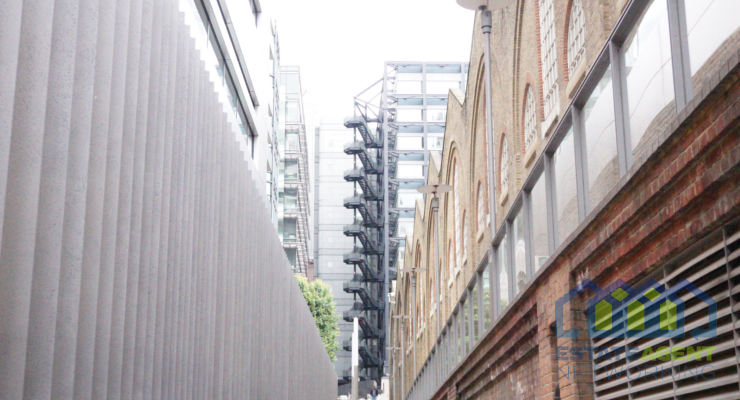Some Instances Where Landlords Are Liable for Slip and Fall Accidents
In bustling urban environments, slip-and-fall accidents can disrupt lives, leading to injuries and legal complexities; landlords are responsible for maintaining safe premises. From icy sidewalks to poorly maintained staircases, instances where landlords may be held accountable for slip and fall accidents are diverse and nuanced.
Understanding these scenarios is a matter of legal obligation and a human imperative as victims seek recourse for their injuries. Analyzing these cases clarifies how accountability, the law, and individual well-being interact in urban environments.
Failure to Maintain Safe Conditions
One of the primary responsibilities of a landlord is to ensure that their property is safe for tenants and visitors alike. This includes promptly addressing hazards such as uneven flooring, loose tiles, or broken handrails that could pose a risk of slips, trips, or falls. Landlord negligence may be defined as the landlord’s failure to maintain safe conditions and remove known hazards. In certain situations, victims of slip-and-fall incidents may be eligible for compensation for their losses and injuries. You must look for a slip and fall attorney who can defend your rights if hazardous circumstances on a rental property cause harm.
Inadequate Lighting
Particularly at night or in dimly lit locations, inadequate illumination in public spaces like parking lots, stairwells, and corridors can dramatically raise the risk of slip and fall incidents. Landlords must ensure that these areas are adequately illuminated to prevent accidents and promote safety. If insufficient lighting causes a slip-and-fall incident that results in injury, the landlord may have engaged in carelessness. Victims of these mishaps may be able to sue the landlord for premises responsibility in an attempt to get damages and compensation for their injuries.
Failure to Address Weather Related Hazards
Weather related hazards such as snow, ice, or standing water pose significant risks of slip and fall accidents on rental properties. Landlords must take reasonable measures to address these hazards and prevent accidents, such as snow removal, salting icy walkways, or fixing drainage issues to avoid water pooling. Failure to promptly address weather related hazards can constitute negligence on the landlord’s part, especially if it leads to a slip-and-fall accident that causes injuries to tenants or visitors. Victims of such accidents may be entitled to compensation for their injuries and losses under premises liability law.
Lack of Handrails or Safety Features
Staircases, balconies, and other elevated areas pose inherent risks of falls, particularly if they lack proper safety features such as handrails or guardrails. Landlords must ensure that these areas have adequate safety features to prevent accidents and protect tenants and visitors from harm. Failure to install or maintain handrails or safety features can constitute negligence by the landlord. Victims may be entitled to hold the landlord accountable for their injuries and pursue damages if a slip and fall accident happens due to inadequate safety precautions.
Failure to Warn Others About Known Hazards
In some cases, landlords may be held liable for slip-and-fall accidents if they fail to warn tenants or visitors of known hazards on the property. This may include hazards such as wet floors, construction zones, or uneven surfaces that could pose a risk of slips, trips, or falls. Landlords must warn of such hazards and take reasonable steps to prevent accidents. Failure to fulfill this duty can constitute negligence on the landlord’s part, making them liable for any injuries resulting from the accident. If you were hurt, you must receive legal advice from an experienced slip-and-fall attorney because of a known hazard on a rental property to understand your rights and choices for pursuing compensation.
Final Thoughts
Legal clarity is paramount in the intricate web of landlord liability for slip and fall accidents. Denver pedestrian accident attorneys stand as allies, advocating for justice and accountability. Whether it’s insufficient maintenance, failure to address hazards, or negligence in property upkeep, landlords must be held responsible for ensuring safe premises. Through diligent legal representation, victims can seek rightful compensation for their injuries, fostering a safer community where negligence is not tolerated and rights are upheld with integrity and compassion.









